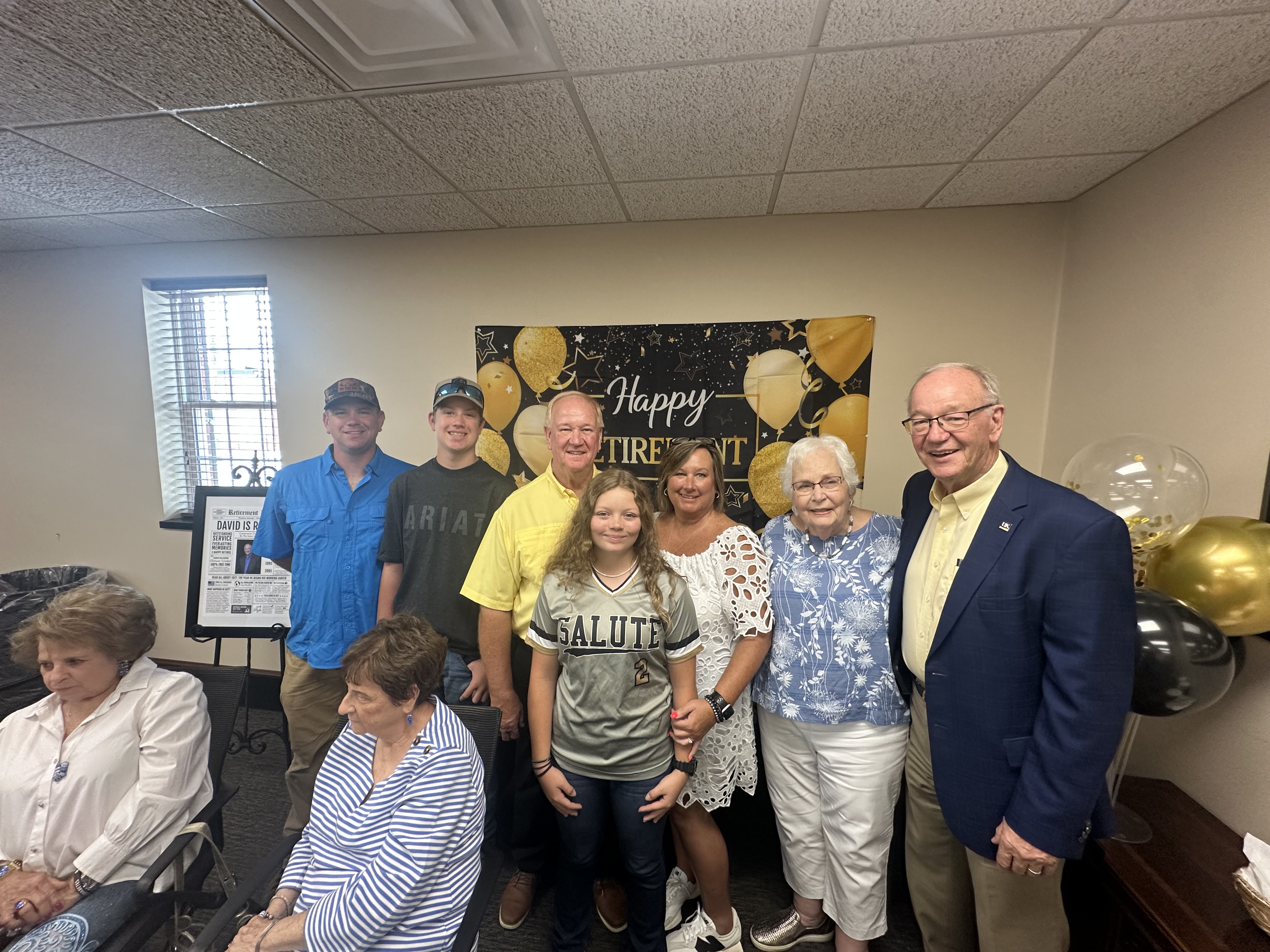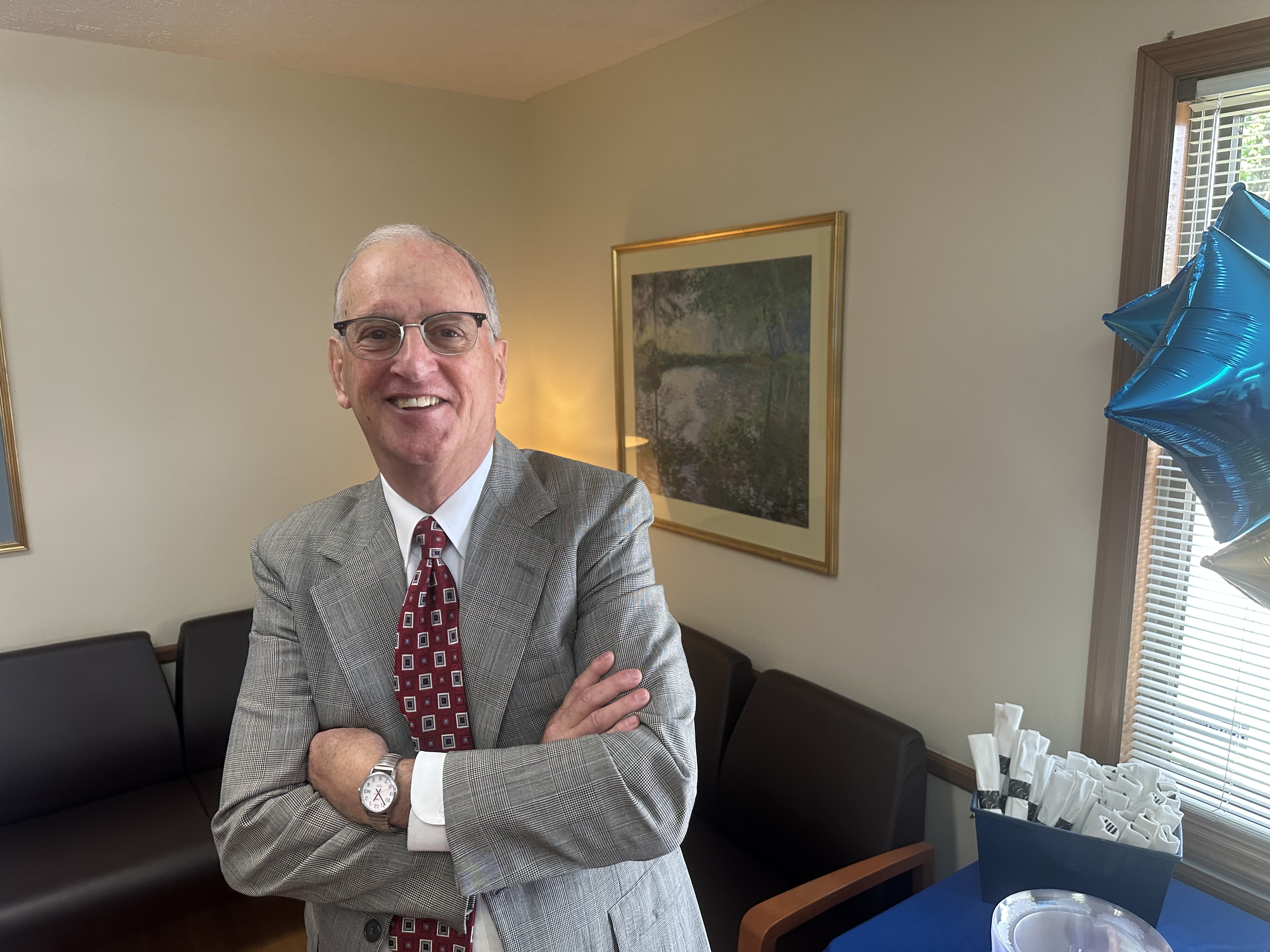Ho’oponopono: Make it right for you
Published 8:17 am Saturday, May 19, 2018
I have a friend from college who recently made a terrible and irrevocable life choice that imploded the family and friend circle she’s spent two decades building.

Erin Smith
I was shocked, troubled and very, very disappointed by this choice.
She asked for my support, and I struggled to give it freely, as it was information I never wanted to know. More and more, I avoided the drama, letting her calls and emails go unanswered.
She called me on it, suggesting I wasn’t the friend she had thought would stand by her no matter what.
She lashed out, saying some horrendous things we both knew could never be unsaid. She suggested I was a phony who pretends week after week to be an enlightened being when I’m really just petty, judgmental and pretentious.
That was the last conversation we had. After a few tortuous weeks of hearing me list all the ways I had been offended, David suggested I simply forgive her.
Wait a darn minute. I should forgive her? Why in the world would I forgive her when she was so patently wrong? When she showed no remorse for her hurtful actions? When she clearly couldn’t see (or didn’t care) that she had destroyed our 25-year old friendship?
But forgiveness isn’t a verb, isn’t something we do. It’s a noun, something we are.
Grace is about me, the one who chooses to forgive; it really has nothing to do with her.
I was carrying the hurt, a heavy anvil weighing my heart. When we begrudge another or want revenge, we become intrinsically tied to that person.
Carrying resentment is drinking from a poisonous well that leaves us bitter and alone. And as Maya Angelou reminds us, “It’s one of the greatest gifts you can give yourself, to forgive. Forgive everybody.”
When we offer compassion, we are not minimizing our pain or forgetting what happened. But we are moving on and letting go of the past. In this way, we choose a lighter heart.
When David and I were in Hawaii, we learned the ho‘oponopono meditation.
The Hawaiian word ho‘oponopono means to make right and is a process by which we can forgive others to whom we are connected.
Because if we want to make right what’s happening around us, we first must make right what’s happening within us.
The power lies in its simplicity. It is only four sentences, repeated over and over with intention while calling the other person to mind:
I’m sorry.
Please forgive me.
Thank you.
I love you.
I’m sorry acknowledges none of us is blameless in creating suffering on this planet. I judged my friend and her situation, making the crisis about me instead of her.
Please forgive me asks us to remain humble and vulnerable. I should have asked more questions to better understand what she was going through.
Thank you reframes our hurt through the lens of gratitude. I want to thank her for the many years of fun and support she provided me so I look back on the relationship with fondness, even though it’s at its end.
And I love you is compassion in action, freeing both hearts from pain and regret. Though I don’t agree with her actions, I sincerely care for her and want the best for her family. There is nothing negative to hold anymore. I have set the anvil down.
Since our brains evolved to justify and explain, humans have created divisions based on physical distance, language barriers, class, religion and cultural differences. If there is one perspective, there is someone to oppose it.
But if there is a collective consciousness, a mission statement everyone can really get behind, then it’s ho’oponopono. Love, gratitude and forgiveness make a damn fine worldview. We mistakenly believe we are separate, but all people and things are connected.
M.J. had it right y’all. If we ever want peace on earth, we have to start with the man (or woman) in the mirror.
The ho’oponopono meditation not only heals our pain, it helps to heal the world by making us better people.
It’s a waste of time mulling over all the ways we’ve been wronged.
We aren’t promised easy. We’re promised the exact opportunities our souls require to evolve. Many of these experiences will be, by design, painful or uncomfortable.
To get right with God, we must get right in our own hearts.
Whomever you are, wherever you find yourself on the life walk, please know.
I’m sorry.
Please forgive me.
Thank you.
I love you.
Erin Smith is the owner of the OM place in Winchester, the author of “Sensible Wellness for Women” and the online host of a yoga and mindfulness channel for Eppic Films.Send her a shout out at erin@theOMplace.net or play along at www.theOMplaceChannel.com.






